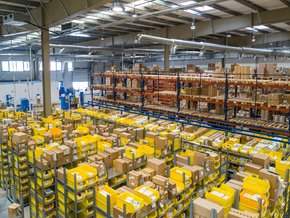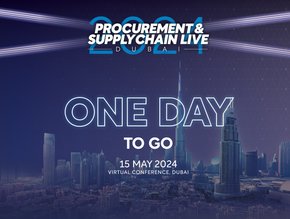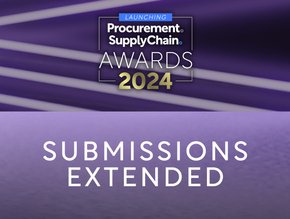Tesco’s Sustainable Livelihoods sourcing strategy

Their work on sustainable livelihoods focuses on products and ingredients where both poverty is most severe and where they can make the most impact. By identifying the overlap between the UN Multi-dimension Poverty Index, Tesco supply chains and where there is already other stakeholder support to leverage action for the greatest impact, they have identified six priority product supply chains.
Priority products include:
- Bananas
- Rice
- Cocoa
- Coffee
- Tea
- Clothing
For three of these product supply chains the company’s focus is on ensuring employed workers earn a decent wage; bananas, tea and clothing factories. Whereas for cocoa, rice and coffee supply chains the company needs to look more broadly and, as well as supporting small-scale farmers to increase their income, need to understand what community support and infrastructure is needed for them to become more resilient and prosper.
Reviewing new projects
While they say they have identified these six priority products, Tesco recognises that enabling environments change and continue to review other commodities. For example, in 2021 they explored potential living wage projects in horticulture and Thai prawn supply chains as collaborative proposals and initiatives have started to emerge. They continue to engage and review these proposals as part of the Sustainable Livelihoods Strategy.
The Tesco approach within each of their priority supply chains is defined by three pillars:
1. Improve
They are reviewing purchasing practices to ensure they support producers to pay living wages to workers and for smallholder farmers to receive a fair income. This includes looking at how they can ensure quoted prices reflect the costs of sustainable and ethical production, and how relationships with suppliers support positive change.
In 2021, they reviewed their purchasing practices with banana producers and made new commitments to pay the living wage gap to banana producers (equivalent to the volumes they source) through a new partial open book purchasing model. Following extensive producer and stakeholder consultation they published new commitments on living wage at the end of 2021.
In addition to their own work on purchasing practices, Tesco continues to collaborate with certification and standard setting organisations, such as the Rainforest Alliance, to review the role they can play in improving wages and incomes.
2. Transform
By working with stakeholders, including unions, governments, NGOs and other businesses, they are identifying potential ways to measure wage gaps and increase wages and incomes. The company will pilot solutions in collaboration with partners and share learnings.
For example, in 2019 they joined the IDH Steering Committee for the Salary Matrix and helped to pilot this tool for producers in some of their banana and tea supply chains. The tool defines a consistent method that could be used across different industries and supply chains to assess current wages at a site and compare this to a living wage benchmark.
They are using this tool to work with suppliers to gain greater visibility of living wage gaps so that they can jointly create time bound actions plans to improve wages.
As part of this Sustainable Livelihoods Strategy they are exploring what actions can be taken to specifically support small-scale farmers. They will focus on understanding the distribution of value in supply chains, what is required to increase income for small-scale farmers and how the company can support farmers to organise collectively.
3. Advocate
Tesco need to work with other stakeholders to ensure a level playing field across whole industries and to have a long-lasting positive impact. By convening and engaging others, including governments, they can find systemic solutions that will impact all workers or producers across a whole industry or country.
For example, in recent years the company have lobbied for minimum wage increases in Bangladesh and, as signatories of the ACT initiative, have participated in discussions to encourage wage increases with manufacturing associations and governments in Cambodia and Myanmar.
*************************************************
For more insights into Procurement & Supply Chain - check out the latest edition of Procurement Magazine and be sure to follow us on LinkedIn & Twitter
Other magazines that may be of interest - Supply Chain Magazine | Sustainability Magazine
*********************************************
BizClik is a global provider of B2B digital media platforms that cover 'Executive Communities' for CEOs, CFOs, CMOs, Sustainability Leaders, Procurement & Supply Chain Leaders, Technology & AI Leaders, Cyber Leaders, FinTech & InsurTech Leaders as well as covering industries such as Manufacturing, Mining, Energy, EV, Construction, Healthcare + Food & Drink.
BizClik, based in London, Dubai & New York offers services such as Content Creation, Advertising & Sponsorship Solutions, Webinars & Events.






